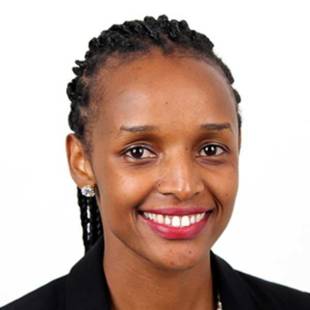Consumer Products
Key contacts
Consumer Products is one of the fastest growing sectors in Kenya driven by an improving economy, rising disposable incomes and consumer confidence.
Our lawyers understand how to navigate the intricate and complex consumer protection laws and are up to speed with East Africa’s very dynamic legal market. We are well placed to defend our clients in disputes emanating from consumer products. Whether you are a retailer, supplier, investor or other stakeholder, we have sector specific experience in transactional, regulatory and contentious matters.
Our international team is structured around the key sectors of consumer products. We provide a comprehensive legal and regulatory service from the financing and acquisition of companies, competition law, health claims, advertising and marketing, strategies for the protection of intellectual property rights, data protection, distribution agreements, real estate transactions, product recalls and more. Our experts will keep you informed of the latest sector insight and developments, giving you a commercial, as well as a legal, edge.
Legal experts for Consumer Products










